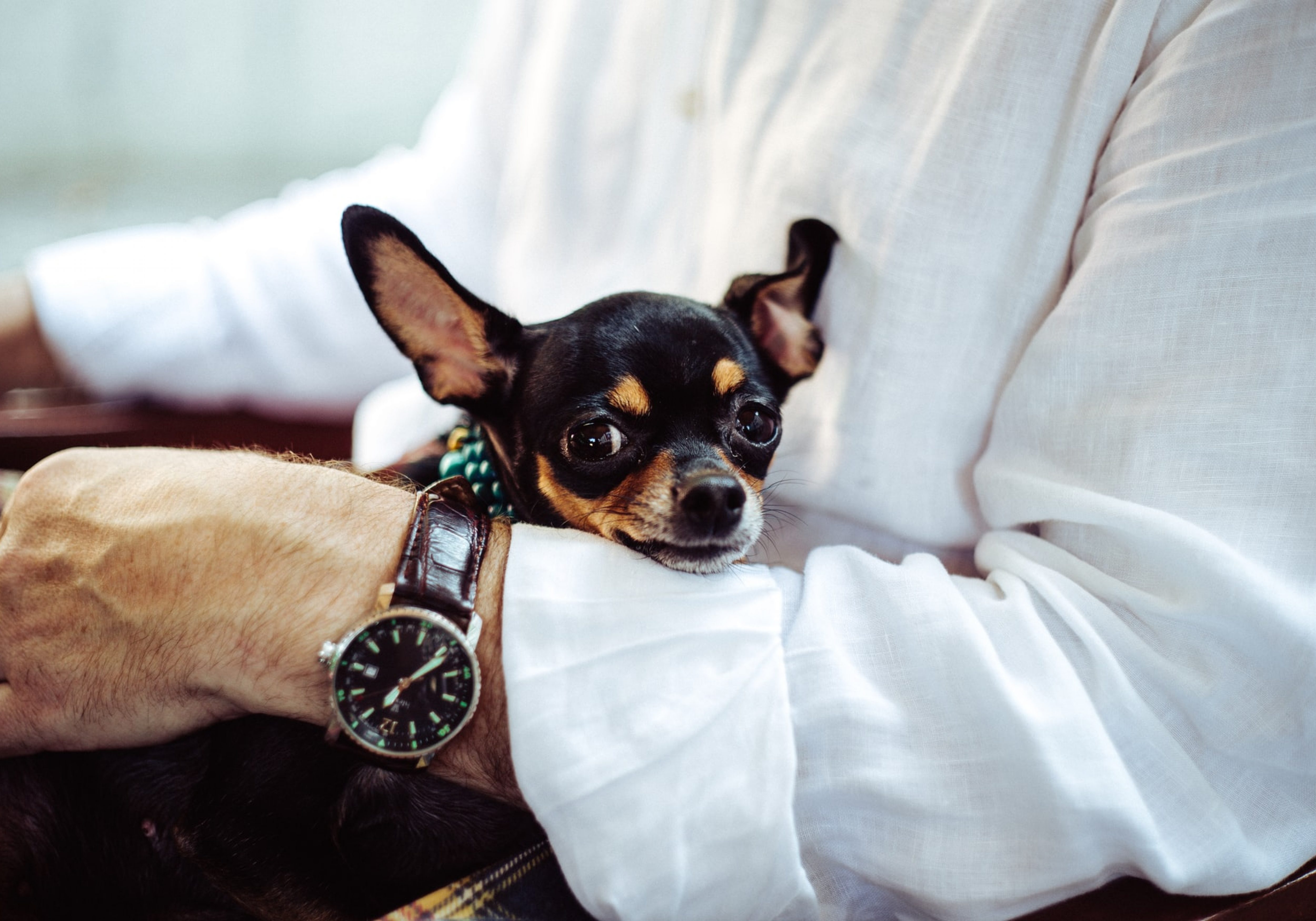From resilience to empathy, pets have much to teach their owners and can help people to develop numerous traits that are essential to becoming a successful leader in the 21st century
It is well-known that dogs and other pets bring joy and happiness into our lives but what lessons can business graduates and future leaders learn from their pets?
Lesson 1: resilience and willpower
The path to success is often stormy with huge obstacles that block our way. Often, we are inclined to take the easy way out and simply give up. In contrast, animals don’t give up due to their instinct for survival – even as pets. We should follow their incredible resilience and willpower as this is one of the most important traits of successful leaders.
Lesson 2: positive relationships
Relationships with team and other staff members can make or break a professional career. Owning a pet can enhance our careers and help us climb the corporate ladder. In a 2018 study from Banfield Pet Hospital, 62% of surveyed c-suite executives said that childhood pets had had a positive impact on their ability to build rapport with co-workers and clients; and 79% believed that co-workers with pets were hard workers. When we build great, high-performing teams by having a positive and nurturing relationships with them, the chances of becoming a successful and respected leader increase.
Lesson 3: creativity
Businesses rely not only on leadership and communication skills, but also on creativity. A total of 84% of c-suite executives who grew up with a childhood pet said they were creative in the Banfield Pet Hospital study, and an amazing 77% said they come up with business ideas while walking their dog.
A 2010 paper led by Samuel Gosling of the University of Texas at Austin’s Department of Psychology, meanwhile, found that cat people were 11% more likely to be open than dog people. Openness is a characteristic that is often said to enhance creativity and one secret to business success is to think out of the box, and to innovate and create completely new products or services that appeal to customers.
Lesson 4: conscientiousness
Conscientiousness is a key element of success. Gosling’s research concluded that dog people were more conscientious than cat people. However, owning any pet will increase our conscientiousness by around double compared with non-pet owners, according to a 2011 paper in the Journal of Personality and Social Psychology. Dog people tend to be ‘planners’ – and are likely to be more self-disciplined and have a keen sense of duty. Proper planning in business is essential to avoid unexpected project holes that can be detrimental. Self-discipline is the signature mark of a great leader who serves as a role model for his team.
Lesson 5: non-traditional thinking
Cat people were more likely to be more curious than dog people in the Gosling research. Combined with a tendency to be more open than dog people, cat people have qualities needed for non-traditional thinking. Great leaders do not follow traditional thinking, they have new ideas, look at situations from a different angle and amaze their teams with unexpected points of views.
Lesson 6: being more extrovert
It is well-established that extroverts have it easier in their professional lives and experience greater success than introverts. Pet owners are found to be more extroverted than non-pet owners, according to the aforementioned 2011 paper in the Journal of Personality and Social Psychology.
In a 2019 report from the Human Animal Bond Research Institute (HABRI), 51% of participants claimed their pet helps them feel less shy. The Gosling research, meanwhile, found that dog people more extroverted than cat people. Outgoing, enthusiastic and energetic character traits are essential for leaders to express themselves, make deals, convince their customers, and create a formidable team bond.
Lesson 7: communication skills
Communication skills, both verbal and nonverbal, are of utmost importance for leadership and business
success. The easiest way to learn is to observe our animals. In the Banfield Pet Hospital survey, 92% of surveyed c-suite executives said that they learned to pay attention to nonverbal communication from their pets. Pets understand even the slightest hint of our body language. Understanding non-verbal communication in negotiations and in meetings can provide the clue to a successful outcome, as it helps to estimate the reaction of the counterpart. This helps us to improve and clarify our communication, which helps us to become better negotiators and leaders.
Lesson 8: dealing with rejection
Every successful leader must deal with rejection; the higher he climbs, the more rejection he will experience. The 2011 Journal of Personality and Social Psychology study revealed that pet owners deal better with social rejection than people without pets. A 2016 study led by Arcadia University’s Christina Brown, meanwhile, found that momentary feelings of social rejection can be soothed by thinking about a dog, recalling its name, or even simply by having a dog nearby. Therefore, positive thoughts of one’s pet is an immense help towards building a strong shield against rejection. That would explain why so many famous CEOs of big companies are pet lovers.
Lesson 9: dominance
A certain level of dominance is necessary for c-suite executives who get people to carry out their decisions effectively. It has been shown that a preference for dog ownership can elevate a person’s ‘dominance score’ predict a preference for dogs. This might be one reason why the Banfield Pet Hospital survey found that 83% of CEOs and c-suite executives have dogs. No leader can be successful if they are not dominant, but dominance should be used in a positive way to carry out decisions that better the company and team, rather than being used to intimidate team members.
Lesson 10: empathic leadership
The Banfield Pet Hospital survey also found strong parallels between pet ownership and leadership skills. Some 92% of surveyed c-suite executives attributed pets to having helped them develop the ability to discipline subordinates; and 79% regarded pet ownership as important to developing better organisational skills.
People living with dogs can most easily understand the importance of ‘bio-empathic leadership’, which is the ability to look at things from nature’s point of view. Instead of taking, these leaders give back and help nurture their organisations, as dogs do with their families or packs. This is the kind of leadership we should all strive for. Empathic leaders work towards giving back to their company and not just their own personal success. This kind of leadership regards team members as vital contributors to success and not as interchangeable human resources in an organisational structure and static bureaucracy that doesn’t care about anything beyond its immediate business goals.
Conclusion
Pets can serve as fabulous role models for all leaders and especially for business graduates who are starting out and making their mark in the corporate world. They can help improve both our personal character traits and the leadership skills needed for greater success in our professional lives.
Margit Gabriele Muller is Executive Director and Chief Veterinarian at the Abu Dhabi Falcon Hospital in the United Arab Emirates, and the author of Your Pet, Your Pill. She holds a PhD in veterinary medicine as well as an executive MBA from Strathclyde Business School, Glasgow, Scotland.








